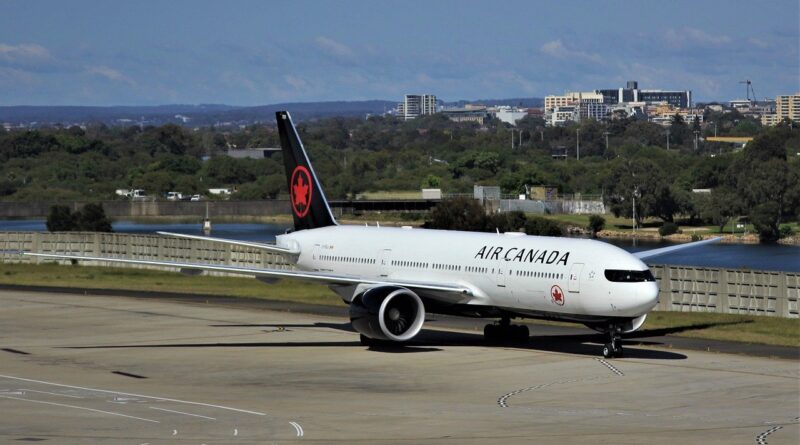Canada closes its border to all flights leaving the United Kingdom
Effective at midnight, December 20, Canada has closed its border to all flights leaving the United Kingdom (Source: Public Safety Minister Bill Blair). This measure will remain in place for at least 72 hours, after which point it may be extended or enhanced. This new ban on travel from the United Kingdom is in response to a new strain of COVID-19 detected in the UK which may be up to 70 percent more transmissible. This is a developing story, more information will become available in the coming days.
Canada extends all border closures until at least January 21, 2021: Canada has extended its border closure and travel restrictions with the United States until at least January 21, 2021 (Source: Public Safety Canada). Earlier this month, we learned that Canada also extended its travel restrictions with all other countries until the same date (Source: Public Safety Canada). As of this update, all travel restrictions with the U.S. and other countries have been aligned and will be renegotiated for the 21st of each month.
The borders remain closed as Canada and much of the globe battle the second wave of COVID-19 infections, but with the Health Canada approval of the Pfizer-BioNTech vaccine earlier this week, there is a light at the end of the tunnel. Prime Minister Justin Trudeau has suggested that any Canadian who wants a vaccine will be able to get one by September, 2021.
What remains uncertain, is how the public health crisis and vaccine rollout will impact the border closure and Canada’s travel restrictions. Our team will continue to monitor for news from Canadian officials and will post updates when they become available.
New online portal for in-Canada PR applicants to confirm status: Canada has introduced a new online portal enabling successful applicants for permanent resident status who are residing in Canada to confirm their PR status. This new online portal enables new permanent residents who are in Canada to confirm their PR status without the need for an in-person interview. Full details here.
Who can and cannot enter Canada right now?
The majority of foreign nationals are barred from entering Canada at this time, but there are a number of exemptions to the travel ban.
The following groups can cross the border into Canada whether by air or by land:
- Canadian citizens and Canadian permanent residents;
- immediate family members* of Canadian citizens and Canadian permanent residents who are travelling to Canada for non-discretionary reasons;
- extended family members** and long-term partners** of Canadian citizens and permanent residents (or their partners) who apply for written authorization from IRCC;
- immediate family members* of temporary residents in Canada who receive written authorization from IRCC;
- temporary workers who hold a valid work permit or who are approved for a work permit but have not yet been issued the work permit (please note that flagpoling is not permitted at this time, refer below for more details);
- IEC participants who have not yet activated their work permits must have a valid job offer in order to enter, this job offer does not need to be in an essential sector (Source: IRCC);
- IEC participants who have already activated their work permits and were outside the country temporarily do not require a valid job offer in order to re-enter (Source: IRCC; note that anecdotal reports suggest airline staff and border officers may still deny entry without proof of a connection to Canada like employment, housing, or family);
- international students attending a Designated Learning Institution (DLI) that is on the approved list (schools which have a COVID-19 readiness plan) and have either a valid study permit or a letter of introduction showing that they’ve been approved for a study permit (Source: IRCC);
- COPR-holders with a valid COPR who are residing in any country other than the United States and were approved for their COPR before 12pm EDT on March 18, 2020, and who are travelling to Canada to settle permanently (Source: IRCC);
- COPR-holders with a valid COPR who are residing in the United States and were approved on any date (even after March 18, 2020) and who are travelling to Canada to settle permanently (Source: IRCC);
- those granted special permission to enter for compassionate reasons.
There are a handful of other exceptional exemptions listed here.
(Sources: IRCC, Order in Council – U.S., Order in Council – International)


